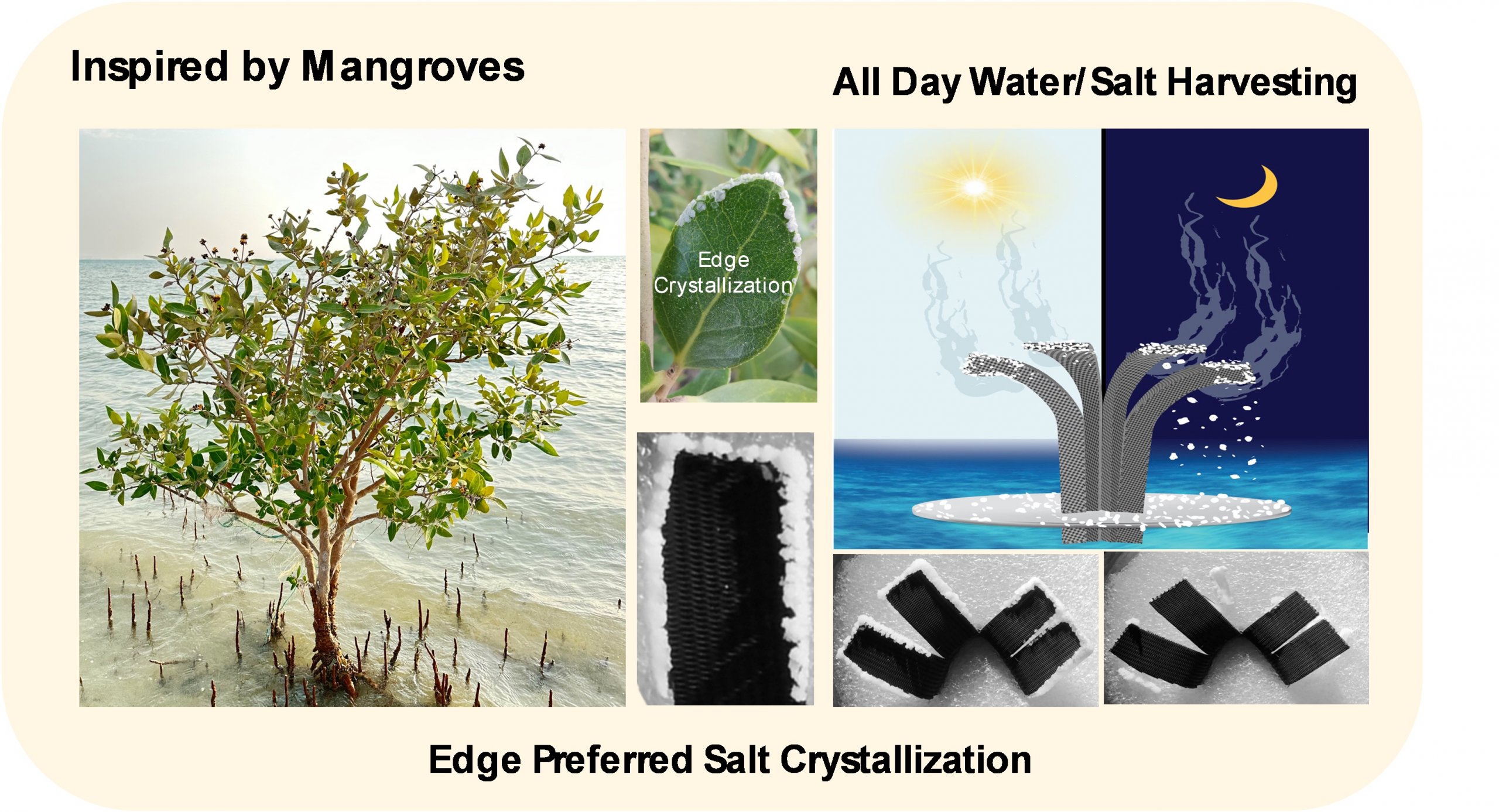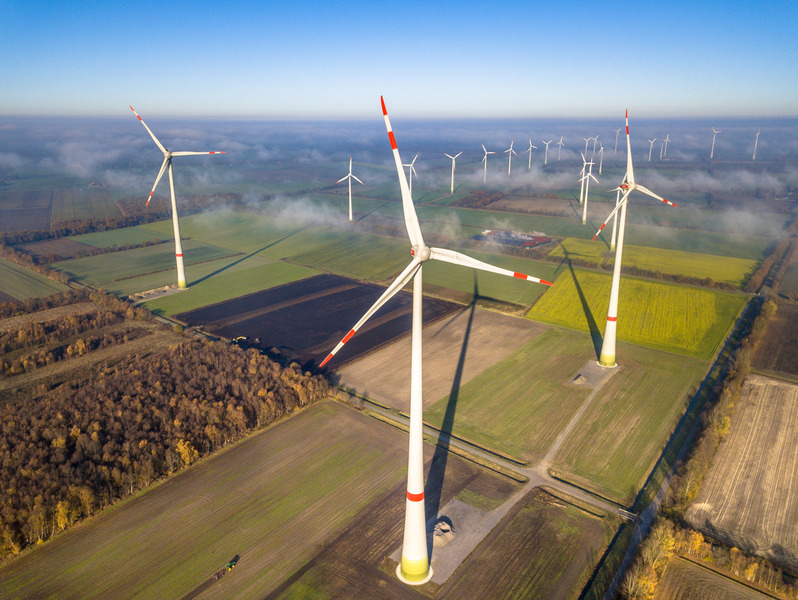
Given the nation’s endowments – being rich in capital while limited in local labour – the most critical need is to employ people in sectors and industries that add value and wealth.
In western societies, the introduction of automation and robotics as well as information services and technologies has substantially increased productivity without increasing demands for additional manpower. With advancements in automation and robotics, agriculture and manufacturing no longer employ the same number of workers.
The UAE also needs to look at sectors that will employ the growing population in professions that will provide them with the high standard of living to which they aspire.
The solution has been to transform the UAE into a knowledge economy – one where wealth is generated from cutting-edge ideas, products, expertise and services. Clean energy, microelectronics, telecommunications, biotechnology and pharmaceuticals, and aerospace and aviation have all been selected as prospective wealth generators.
But being able to establish and run such technology-intensive industries is no simple feat. They require a vast infrastructure starting with education focused on science and technology beginning at the primary school level and reaching doctorate-level studies.
Furthermore, the country must encourage the establishment of local businesses and industries to bring the competitiveness and professionalism needed to generate innovations. Data from 2009 ranked the UAE as only 44th of the 82 most innovative countries according to the Economist Intelligence Unit’s Innovation Index.
The sectors that Abu Dhabi has selected to be its new engines of growth are extremely research and development intensive. To develop a new economic system and to make it globally competitive, the government must encourage a holistic approach towards R&D that brings together government, industry and academia to conduct relevant education and investment.
A comprehensive ecosystem for R&D that is relevant to industry must focus on three sets of issues to make it productive and effective. The first issue is the development of the “hardware”, the tangible foundations, including physical facilities, laboratory equipment, materials and supply.
The second issue concerns the “software”, the structural inputs, which include education, financing, and government rules and policies that support R&D.
The third and final issue, “orgware”, includes putting together regulatory systems and incentive mechanisms.
Navigating these issues is fraught with challenges. In establishing the organisational framework for R&D, for example, there is a risk of over-concentrating funding through one or two agencies. This can lead to inequitable distribution of funds because of the structural myopia of government agencies.
Although it is impressive to have the equivalent of a national research foundation or national institute of health, the government has to encourage its numerous agencies to participate in R&D support in their own areas. Industrial enterprises must also participate in R&D, both in terms of in-house capacity and collaboration with academic and research institutions.
Industry needs to take the government’s lead and provide support to the fledgling R&D ecosystem.
Another difficulty is to establish the proper regulatory system that not only encourages R&D in a traditional sense, but also facilitates incentives for getting R&D results to the market. This means providing regulations about copyright and patents. Further financial incentives for start-ups and entrepreneurs would also attract business.
The government can provide incentives to industry to contribute to R&D in kind and in funding. With the right mix of support, investment, policy and incentives, the UAE will be better equipped to make a smooth transition from a resource-based economy to an R&D powerhouse.
Dr Fred Moavenzadeh is the president of the Masdar Institute of Science and Technology






